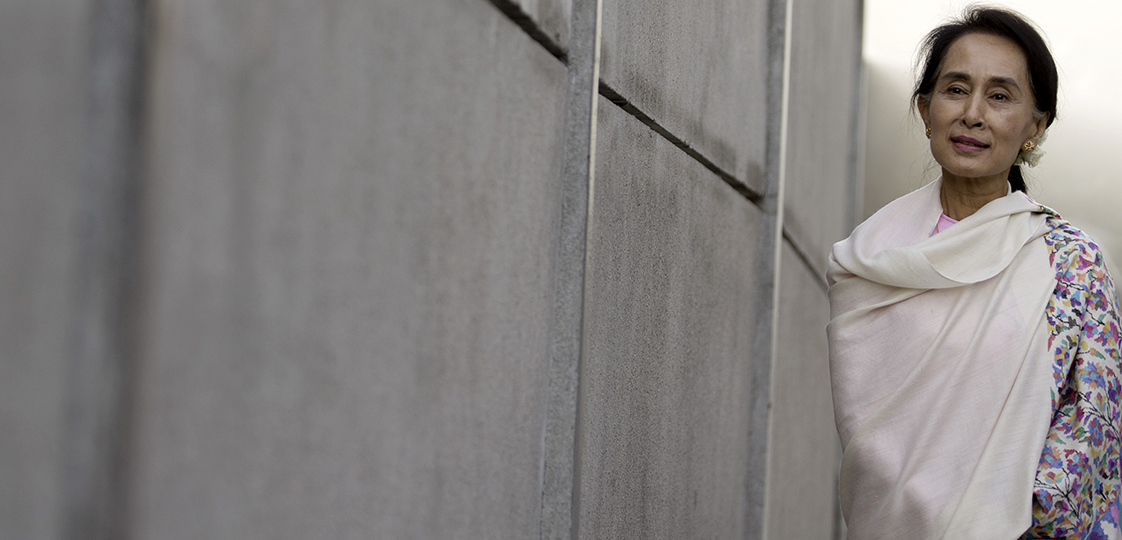Parliamentary elections will be held in Burma in November 2015. The renewed chambers will then elect the new president who will replace current President Thein Sein, the former military commander who served during the brutal military junta.

Aung San Suu Kyi, who was awarded the Nobel Peace Prize in 1991, will likely be barred from running for president. Section 59 (f) of the country’s constitution, indeed, states that the president may not be married to or have children who are foreign nationals. And Aung San Suu Kyi’s two sons from her marriage to the late Englishman Michael Aris, are British.
A section of the Constitution that empowers the military personnel of the former junta
The revision of the constitutional section that would allow Suu Kyi to run for president needs, however, to be preceded by a change of section 436, which prescribes that constitution amendments need the approval of more than three-fourth of all lawmakers. Section 436 gives a great amount of power to the military, and any potential amendment of the Constitution is blocked by the military veto.
Let’s crunch some numbers: the Burmese Parliament consists in 664 seats total, with 166 of them automatically reserved for members of the former military junta, while the ruling party, the military-backed Union Solidarity and Development Party (USDP), has another 336.
5 million signatures asking to amend Section 436
Myanmar’s opposition immediately took action and submitted a petition asking to amend Section 436 of the Constitution. “Five million signatures were sent to parliament Wednesday”, stated Nyan Win, spokesperson for the National League for Democracy (NLD). “All these people ask to amend Section 436 in order to allow Aung San Suu Kyi to rise to presidency.”
However, in spite of the petition, it will be hard to end the constitutional ban on Suu Kyi’s eligibility. It is indeed very unlikely that the military personnel will abolish a section they introduced back in 2008 to bar Suu Kyi from running for president.
The elections, therefore, will be far from being democratic: the journey towards a democratic “new Burma” – supported by several Western governments, mainly for economic reasons – seems to be a long and an uphill struggle.
Edited by Sayuri Romei
Parliamentary elections will be held in Burma in November 2015. The renewed chambers will then elect the new president who will replace current President Thein Sein, the former military commander who served during the brutal military junta.






